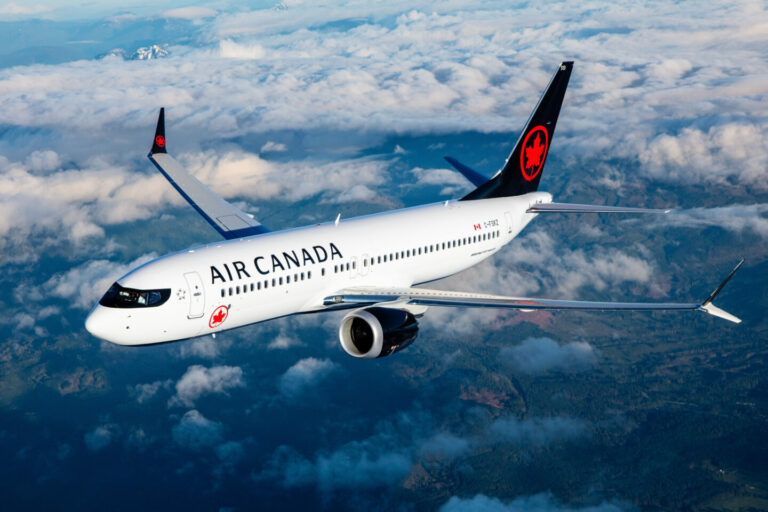Air Canada to Resume Flights After Industrial Relations Board Resolves Strike

Air Canada is set to resume flights on Sunday evening after the Canada Industrial Relations Board (CIRB) ordered an end to a strike by 10,000 flight attendants that had effectively shut down the airline.
The strike, which began early Saturday, resulted in the cancellation of over 700 flights, affecting thousands of passengers.
The dispute centered on wages and uncompensated work, including groundwork and safety checks.
The Canadian Union of Public Employees (CUPE) argued that Air Canada’s offers were below inflation and market value, while the airline claimed its proposals were fair and reasonable.
The CIRB’s directive, under section 107 of the Canada Labour Code, forced both sides into binding arbitration, effectively ending the strike. Air Canada welcomed the decision, stating it would resume operations and flights as soon as possible.
However, the airline warned that it would take several days for operations to return to normal, with some flights still set to be cancelled over the next 7-10 days.
CUPE criticized the government’s intervention, calling it a “terrible precedent” and questioning the impartiality of CIRB’s chairwoman, Maryse Tremblay, who previously worked as legal counsel for Air Canada.
The union had urged passengers not to go to the airport if they had a ticket for Air Canada or its lower-cost subsidiary, Air Canada Rouge.
Air Canada had detailed the terms offered to cabin crew, indicating a senior flight attendant would, on average, make CAN$87,000 ($65,000) by 2027. CUPE described the offer as insufficient, and the union had vowed to remain on strike until a formal order was issued to return to work.
The airline, which carries around 130,000 daily passengers and flies directly to 180 cities worldwide, had warned of significant economic disruption if the strike continued.
With the strike now halted, Air Canada is working to restore its operations and minimize further disruptions to passengers.









